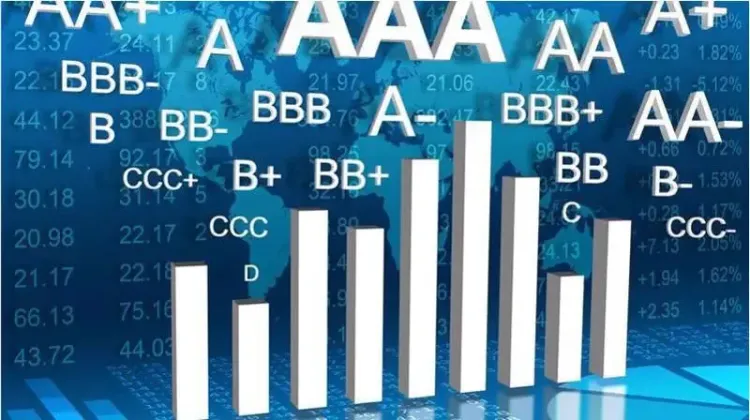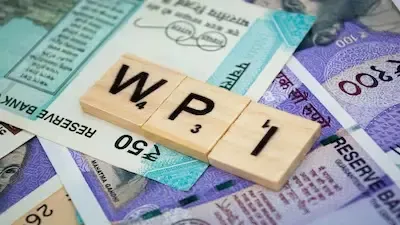India Inc Maintains Resilience Amid Global Tariff Threats: Report

Synopsis
Key Takeaways
- Credit ratio for India Inc improved to 2.35 times.
- Upgrade rate increased by 2% to 14% in H2 FY25.
- Downgrade rate decreased to 6% due to asset quality concerns.
- Mid-sized firms benefited from strong domestic demand.
- BFSI sector showed significant credit ratio decline.
Mumbai, April 1 (NationPress) In spite of international challenges, the credit ratio for India Inc has shown improvement in the latter half of FY25, rising to 2.35 times from 1.62 times in H1 FY25, according to a report by CareEdge Ratings released on Tuesday.
The upgrade rate has increased to 14 percent from 12 percent in the first half of the previous fiscal year (FY25), largely propelled by sectors benefiting from robust domestic consumption and heightened government expenditure.
Conversely, the downgrade rate has seen a decrease of 200 bps to 6 percent, influenced by asset quality issues in NBFCs servicing microfinance and unsecured business loans, along with pricing pressures affecting smaller enterprises in the Chemical and Iron and Steel sectors, as well as export-oriented Cut and Polished Diamond businesses.
As noted by Sachin Gupta, Executive Director and Chief Rating Officer of CareEdge Ratings, this enhancement in the credit ratio underscores the resilience of India Inc.
“However, the road ahead poses challenges. The introduction of US tariffs may disrupt the momentum for export-oriented industries, particularly those dependent on discretionary expenditures, while also igniting fierce price competition from other impacted economies,” he stated.
Nevertheless, not everything is negative, as trade agreements and the depreciation of the rupee may provide essential support to exporters.
Simultaneously, the robust, deleveraged balance sheets of Corporate India serve as a strong defense against external fluctuations,” he added.
The credit ratio for the manufacturing and services sectors has experienced a significant recovery, with the credit ratio increasing from 1.21 in H1 FY25 to 2.06 in H2 FY25.
This growth reflects improving business fundamentals, especially among mid-sized, domestically-focused firms, even amidst ongoing global challenges.
Ranjan Sharma, Senior Director at CareEdge Ratings (Corporate Ratings), remarked on the widespread nature of this recovery, asserting, “The improvement in credit ratio was broadly distributed across both investment-grade and sub-investment-grade rating categories, driven by mid-corporate entities capitalizing on strong domestic demand.”
“Larger corporations also sustained a strong credit ratio, continuing their stable performance from earlier periods. The sectors leading the upgrade trend included capital goods, automotive and automotive components, and real estate, all benefiting from a surge in consumption and infrastructure development,” Sharma noted.
The services sector also saw consistent improvement, with hospitality and healthcare sectors maintaining a strong upward trend, while pharmaceuticals remained a steady performer, showcasing its enduring resilience.
The credit ratio within the infrastructure sector continued to rise in H2 FY25, reaching 3.94, with the transport infrastructure and power sectors spearheading the upgrades.
Meanwhile, the Banking, Financial Services, and Insurance (BFSI) sector experienced a significant decline in its credit ratio, falling from 2.75 in H1 FY25 to 1.07 in H2 FY25, indicating emerging stress in specific lending segments.









